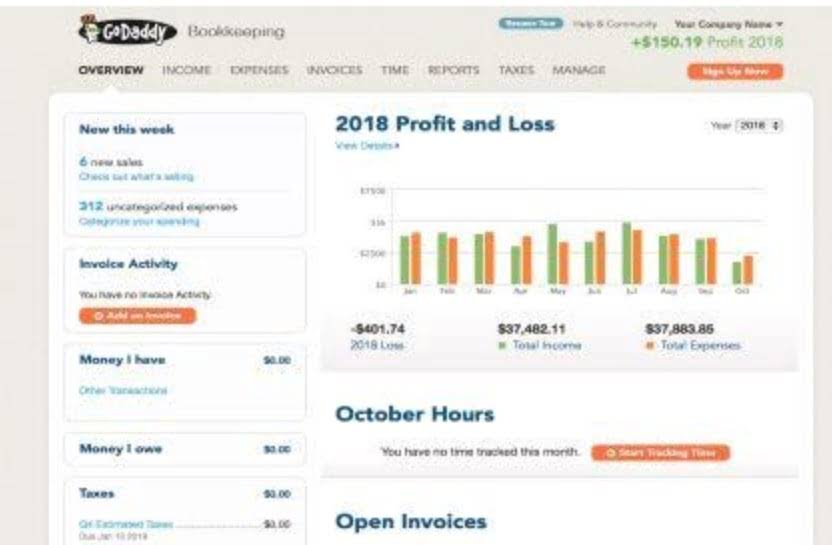
These will include all tax contributions your company is responsible for withholding and remitting to the relevant authorities. In this case, we’ll need to account for state-based requirements in addition to standard federal tax obligations. Managing employer payroll taxes can be one of the most complex and high-stakes tasks on any HR professional’s list. Since 2013, an additional Medicare tax of 0.9% has been applied to unmarried employees who file an individual tax return and whose Medicare wages exceed $200,000. The additional Medicare tax applies to income over $250,000 for married taxpayers who file a joint return and to income over $125,000 for married couples who file separate returns.

Misclassifying employees and independent contractors
As we’ve touched on, employer payroll taxes are different around the world — resulting in a wide range of payroll tax rates and regulations. Every country has its own rules for employer payroll taxes, and it’s each employer’s responsibility to keep up with the latest regulations — and that includes HR teams that prepare payroll independently. Possible exceptions aside, it’s safe to assume that your organization should calculate, collect, withhold, and remit employer payroll taxes. Be sure that you understand your obligations so that your organization stays compliant. While the federal government doesn’t directly pay unemployment benefits, it supports state unemployment programs through FUTA.
- Payroll compliance is not just about paying employees on time — it’s about meeting various regulations, so your business runs smoothly.
- Learn how to navigate pay transparency laws and attract and retain talent with equitable pay.
- Some pre-tax deductions reduce only wages subject to federal income tax, while other deductions reduce wages subject to Social Security and Medicare taxes, as well.
- One way to achieve this is by integrating cloud-based payroll software, which is becoming increasingly popular among employers.
- With handy automations, including streamlined reporting and analytics, these efficient tools can help your HR team minimize the stress of managing employer payroll taxes manually.
- Using a human resources information system (HRIS) with integrated payroll features can help you automate some of the steps we listed above.
Employers’ responsibilities for payroll do not include: A) Providing each employee with an…
- In addition, payroll administrators must review and approve all remittances to government and benefit carriers, as well as reconcile various insurance reports.
- The state informs employers of their specific rate each year, which is always subject to a minimum threshold.
- All US employers must contribute to Social Security under the Federal Insurance Contributions Act (FICA).
- Salary refers to the fixed amount paid by an employer to an employee for their work during a payroll cycle.
- The term “withholding” means that you are deducting these payments from employee paychecks, based on laws and regulations that require these payments to be made.
Small employers who are permitted to pay employment taxes annually can opt to use EFTPS. The distinction between independent contractors and employees is easily blurred and mistakes are costly. Businesses can face fines and levies for misclassifications and may owe any back taxes or unpaid overtime wages that occurred.

Salary and Bonus Payments

The accurate processing of payroll is essential for ensuring that employees receive timely and correct compensation for their work, which can positively impact their job satisfaction and motivation. law firm chart of accounts Payroll processing responsibilities include various tasks such as examining and verifying documentation, validating timesheet information, and calculating and processing statutory holiday pay and benefits. Additionally, payroll administrators must ensure that all payroll-related charges are accurately calculated and recorded, and leave without pay estimates are prepared. QuickBooks offers payroll processing services that can help automate these tasks, saving time and reducing potential errors. Timecard management and integration with HR functions can also be streamlined with QuickBooks payroll integration. Although “income tax” and “payroll tax” are sometimes used interchangeably, each has a distinct difference.
Indeed, these errors are more than just administrative — they can delay payroll cycles, harm company reputation, and disrupt financial planning. With this in mind, keeping your payroll tax processes accurate and consistent is crucial. In most cases, employer tax returns are filed electronically through an authorized e-file Provider or payroll software purchased specifically for fixed assets this purpose. By adopting software like Zoho Payroll, employers can run payroll with ease, reduce errors, and improve overall efficiency in HR-payroll operations. Designed to be user-friendly and customizable, Zoho Payroll is the practical choice for businesses looking to optimize their processes.
- Just remember that whoever does payroll and deals with payroll taxes, the responsibility is ultimately yours as the business owner.
- If a self-employed person also has wages from a job, the wages are coordinated with the SE tax to apply the wage-base ceiling properly.
- In this case, we’ll need to account for state-based requirements in addition to standard federal tax obligations.
- Employees pay 1.45% of their gross income to Medicare and another 6.2% to Social Security.
- For example, if an employee earns $40,000 annually and their W-4 form places them in the 10 percent federal income tax bracket, approximately $400 would be withheld from each paycheck for payroll taxes.
Common Mistakes Employers Make With Payroll Taxes

In case you wondered, the terms “payroll taxes” and “employment taxes” are basically the same. Employee turnover can have significant cost implications for both payroll and HR departments, including increased recruitment challenges and training needs. This can cause disruptions employers responsibilities for payroll do not include: to payroll processing and HR responsibilities, leading to decreased productivity and increased workload for remaining staff members.
The Additional Medicare Tax
In some cases, employers may be personally liable for unpaid taxes, making compliance a critical priority. Staying on top of your payroll tax obligations helps you avoid these costly issues and keeps your business in good standing. If you fail to follow payroll tax compliance rules, your business could face serious consequences. The IRS may charge penalties and interest and even pursue legal action in extreme cases.
